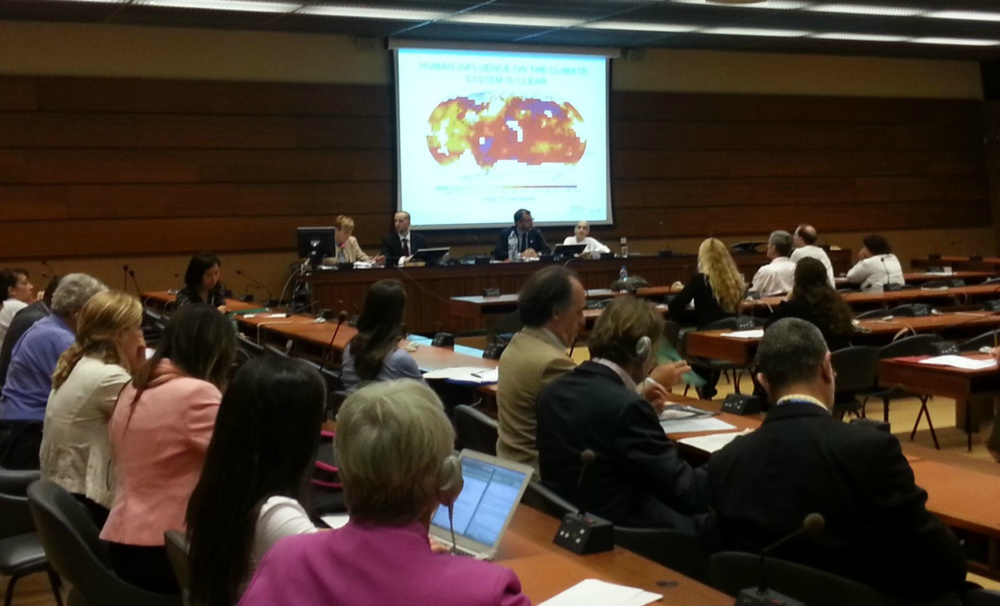
International community reiterates links between climate change and human rights
Last week, during the 26th Session of the United Nations Human Rights Council (HRC), the international community issued its fourth resolution on human rights and climate change.
The UN Human Rights Council's fourth resolution on human rights and climate change recognised that least developed countries are among the most vulnerable to the effects of climate change.
This new resolution (A/HRC/26/L.33) follows previous HRC statements in 2008, 2009 and 2011 which all emphasised that climate change has a range of negative impacts on the human rights to life, adequate food, the highest attainable standard of health, adequate housing, self-determination, development and safe drinking water and sanitation.
The fourth resolution was tabled by Bangladesh and the Philippines and adopted by consensus. It recognises that although the least developed countries have contributed the least to global climate change, they are among the most vulnerable to its effects. Some countries, such as the United States, remained cautious over the resolution's inclusion of points referencing parallel UN negotiations on climate change.
“A renewed focus on human rights and climate change is exactly what is required from the international community ahead of the major negotiations in Paris next year. I sincerely hope that this heralds a redoubling of efforts to urgently address the silent human tragedy of our global environmental crisis.“ Steve Trent, EJF's Executive Director
EJF was in Geneva during the recent HRC session, participating in a side-event reiterating the call for a UN Special Rapporteur on Human Rights and Climate Change. The event “Human Rights and Climate Change: An Ethical Perspective” was convened by the Geneva Interfaith Forum on Climate Change, Environment and Human Rights.
A panel discussion at the event, chaired by Dr Guillermo Kerber, programme executive of the World Council of Churches Care for Creation and Climate Justice programme, featured presentations from Dr Renate Christ, Secretary of the Intergovernmental Panel on Climate Change (IPCC) and Sister Jayanti, European director of the Brahma Kumaris World Spiritual University, alongside EJF campaigner Daniel Murphy, who highlighted how climate change drives insecurity, conflict and displacement around the world.
SIGN UP FOR OUR EMAILS AND STAY UP TO DATE WITH EJF